Free votes are a rarity in the Scottish Parliament.
I recall one in 2009 about the compassionate release of Abdelbaset al-Megrahi, the only person convicted for the bombing of Pan Am Flight 103 in the sky above Lockerbie in December 1988.
The reason SNP MSPs were not whipped on that occasion was because the decision to send Mr Megrahi back to Libya, resultant from his terminal cancer diagnosis, was taken by the then Justice Secretary, Kenny MacAskill, acting in a quasi-judicial capacity.
Strictly speaking, it wasn’t a collective government decision.
Even so, every SNP MSP rallied behind Mr MacAskill, amid the storm of controversy that erupted at home and abroad, particularly in the US.
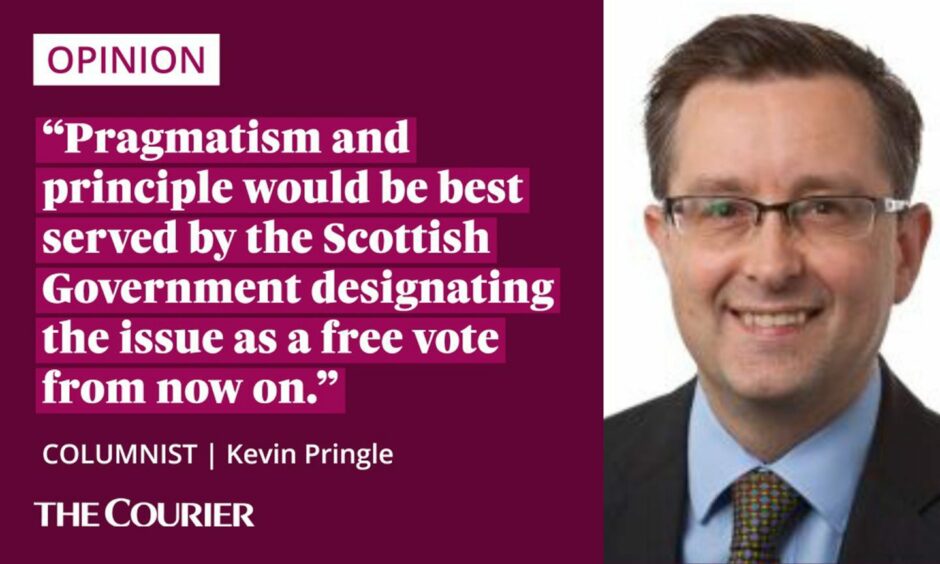
Rather than any fragmentation in the SNP’s ranks, the vote saw a Labour MSP, Malcolm Chisholm, split off from his party colleagues to endorse the release of Mr Megrahi.
The story underlines the extraordinary unity of purpose that has characterised the SNP since coming to office at Holyrood more than 15 years ago.
Overwhelmingly, this cohesion continues to define the party, both within and outwith the Scottish Parliament.
Nonetheless, the dissent over the Gender Recognition Reform Bill last Thursday was a significant moment.
Gender reform vote was a rare show of dissent among SNP MSPs
Nine SNP MSPs defied the government by refusing to support the Bill at Stage 1, which is about its general principles rather than the fine detail.
Seven voted against and two abstained.
Most seriously, the community safety minister, Ash Regan, resigned from government after voting to oppose the Bill, because of her undoubtedly sincere belief that consequences of the legislation “may have negative implications for the safety and dignity of women and girls.”
Amid the intense heat of this debate, that is a core issue of concern where we badly need clarity and light as the Bill goes through its remaining stages.
Neither Ms Regan nor any of the rest of last week’s recusants can be casually dismissed as “serial rebels”, given the near complete absence of public dissent among its Holyrood group since the SNP won power in 2007.
Unlike the compassionate release of Mr Megrahi all those years ago, reforming gender recognition legislation is formally a Scottish Government proposal – reflecting a pledge in last year’s SNP manifesto.
And therefore the First Minister strongly believes that the party’s MSPs should all support the Bill.
Space for compromise as MPs vote again on gender reform
On the other hand, the manifesto reference was relatively broad-brush: Scottish reform of the UK’s existing Gender Recognition Act “to improve and simplify the process by which a trans person can obtain legal recognition, so that the trauma associated with that process is reduced.”
In other words, there was no overt commitment to specific measures such as moving to a system of self-identification for trans people, or reducing the age at which a person can acquire a new gender in law from 18 to 16.
Both the First Minister, and those SNP MSPs who choose to challenge her on this Bill, have a point.
When I read the manifesto last year, I thought it was worded like that to pave the way for a compromise on the issue.
Clearly not.
And yet in the coming weeks it may be amended at stages 2 and 3 of Holyrood’s legislative process, so that it doesn’t give any of the entrenched campaigners everything they want, but in its final form is safe and something most folk can live with.
Trust in government and division in society
In the meantime, I think pragmatism and principle would be best served by the Scottish Government designating the issue as a free vote from now on, and taking no disciplinary action against those who disobeyed the whip last week: in effect retrospectively applying a free vote.
At Stage 2, when the Bill will be considered in committee, MSPs are in any event supposed to leave their partisan politics at the door.
.@AshtenRegan says last week’s vote on the gender recognition reform bill should have been a free vote for SNP MSPs. pic.twitter.com/XiNlRUq1Ej
— Lynsey Bews (@lynseybews) November 1, 2022
At Stage 3, when the Bill is finally voted on by the whole parliament, the public may in some measure be reassured to know that this substantial and contentious change to the law had happened because it was genuinely the belief of a majority of MSPs that it was the right thing to do, rather than the enforced will of party whips.
Equally, if the Bill wasn’t amended and lacked the necessary numbers to be passed – admittedly an unlikely eventuality – that would also be the free will of the Scottish Parliament.
If such an outcome transpired, it would in part reflect the divisive and inflammatory manner in which at least some of those campaigning for change had chosen to argue their case.
Monday’s publication of the Social Attitudes survey showed that two-thirds of us trust the Scottish Government to work in Scotland’s best interests, compared with 22% of Scots who think the UK government can be trusted.
Holyrood can live up to our expectations now by calming the gender change debate.
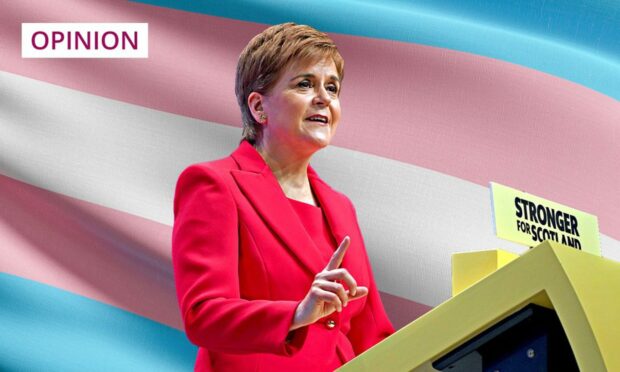
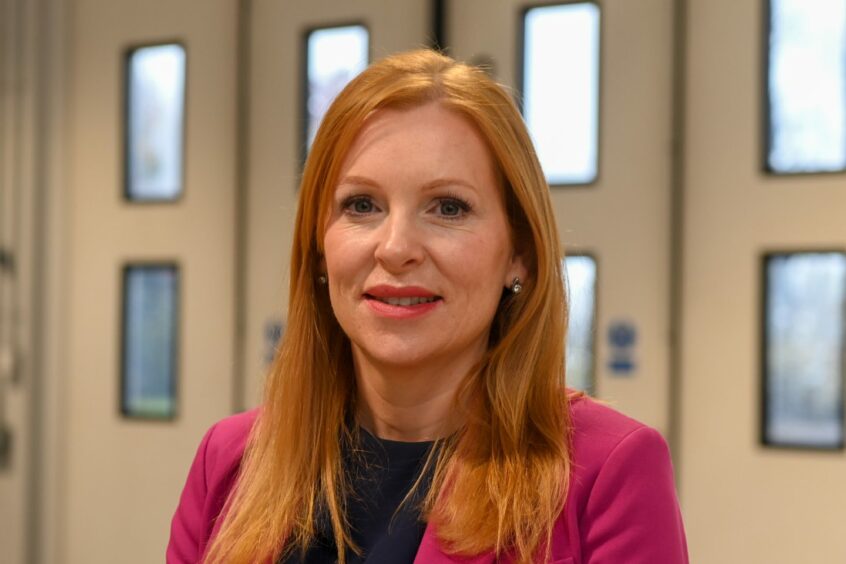
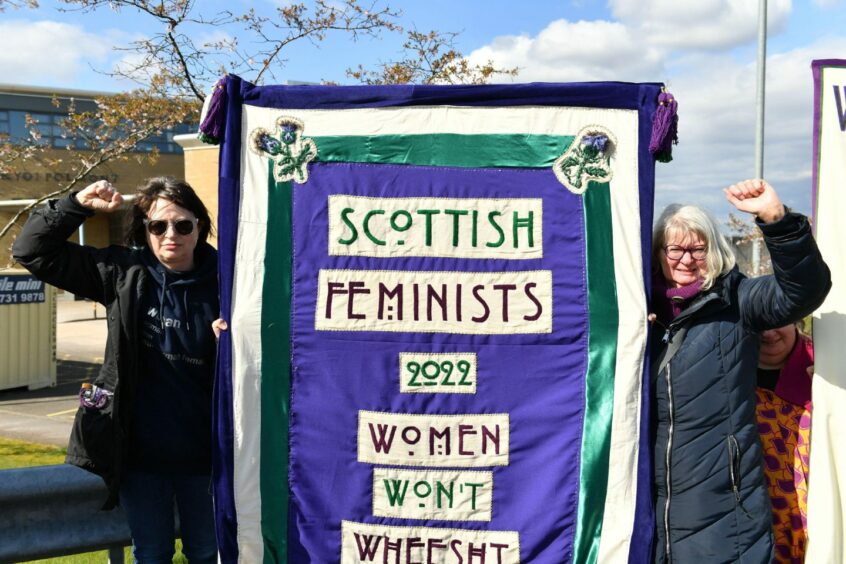
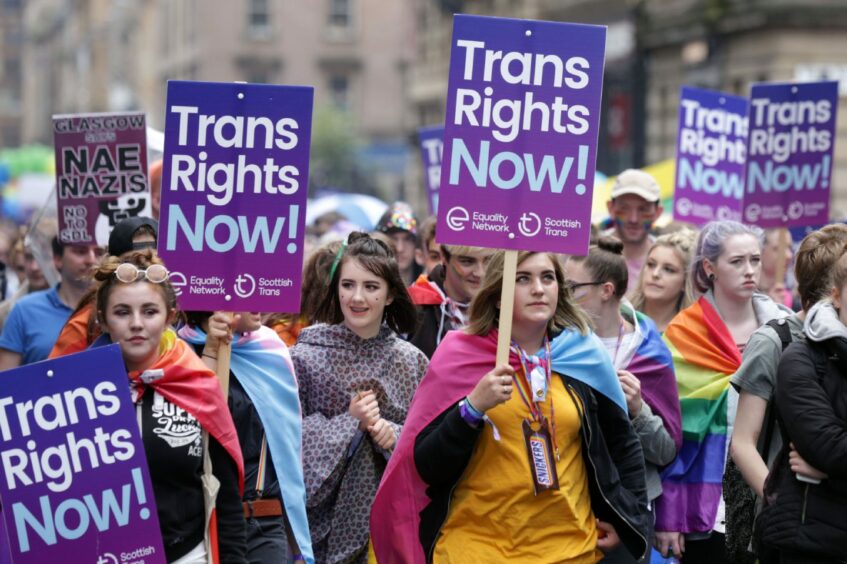










Conversation